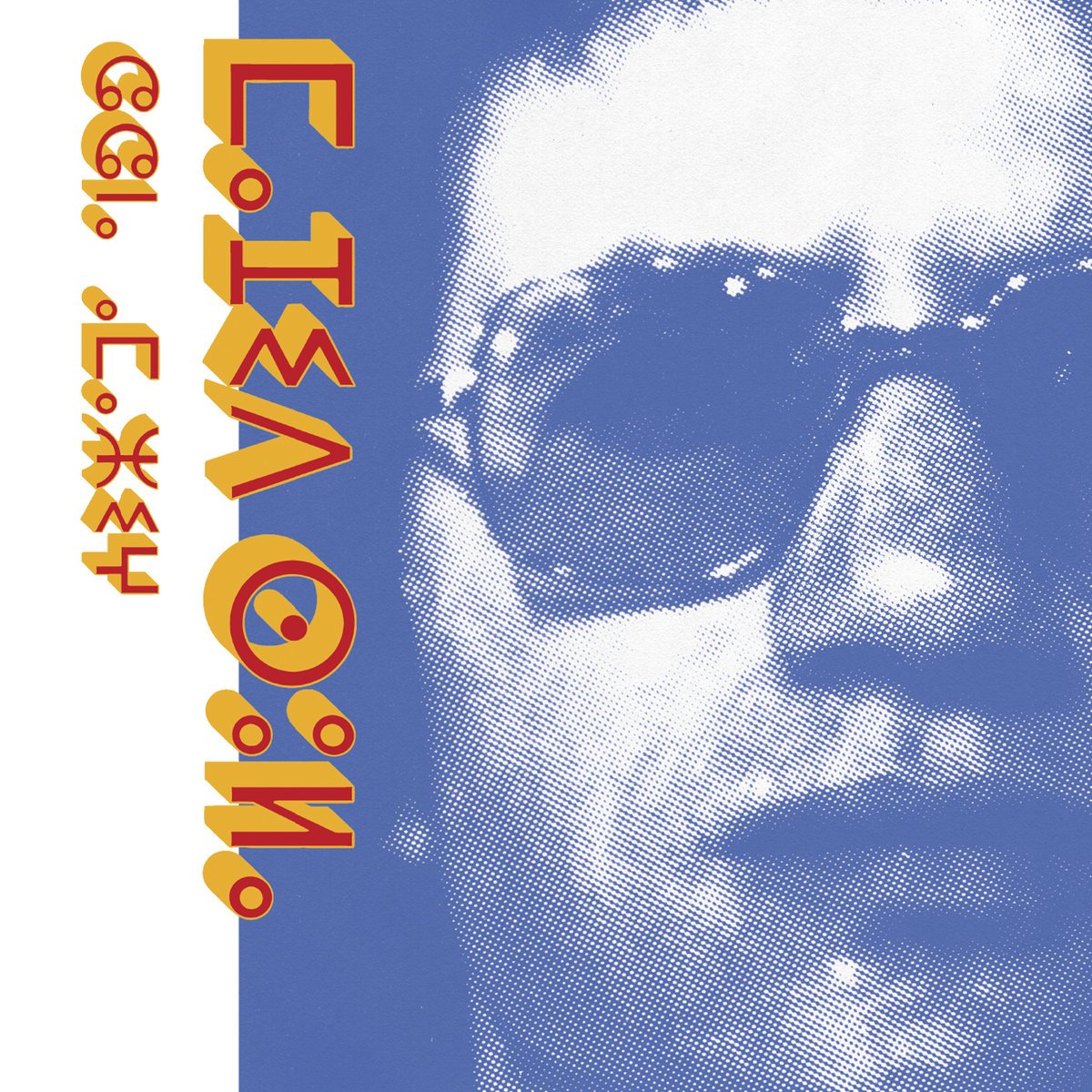Habibi Funk 017: Chant Amazigh
Habibi Funk is happy to present a selection of works by Algerian-born, Amazigh artist Majid Soula. With synths, driving drums, prominent repetitive guitar lines, Majid’s music blends the best of Kabyle sounds, disco, highlife and groovy funk into something wholly unique. At the same time for Majid Soula music is a vessel for his political message.For Majid Soula music is more than just entertainment. He considers himself an activist through music, and foremost a “chanteur engagé”, as he says of himself: “I am not a politician. If I can deal with art and culture it’s already a lot. Above all, I am an artist whose first concern is to present a quality artistic work in order to contribute, however modestly, to the development and enrichment of our cultural heritage. When I fight, for example, for the defense of the Berber culture, it is not by political spirit. It is a natural act. I am against violence wherever it comes from and I do not support injustice. If the essential freedoms were granted, the Algerian artists would have no reason to take on this burden and this mission. They could, like all other artists of the world, devote their talent to making people dream.I take my inspiration from the daily life of my people and I share all their aspirations, mainly the official recognition of Tamazight as a language, culture and identity.”
Habibi Funk is happy to present a selection of works by Algerian-born, Amazigh artist Majid Soula. With synths, driving drums, prominent repetitive guitar lines, Majid’s music blends the best of Kabyle sounds, disco, highlife and groovy funk into something wholly unique. At the same time for Majid Soula music is a vessel for his political message.For Majid Soula music is more than just entertainment. He considers himself an activist through music, and foremost a “chanteur engagé”, as he says of himself: “I am not a politician. If I can deal with art and culture it’s already a lot. Above all, I am an artist whose first concern is to present a quality artistic work in order to contribute, however modestly, to the development and enrichment of our cultural heritage. When I fight, for example, for the defense of the Berber culture, it is not by political spirit. It is a natural act. I am against violence wherever it comes from and I do not support injustice. If the essential freedoms were granted, the Algerian artists would have no reason to take on this burden and this mission. They could, like all other artists of the world, devote their talent to making people dream.I take my inspiration from the daily life of my people and I share all their aspirations, mainly the official recognition of Tamazight as a language, culture and identity.”
Habibi Funk is happy to present a selection of works by Algerian-born, Amazigh artist Majid Soula. With synths, driving drums, prominent repetitive guitar lines, Majid’s music blends the best of Kabyle sounds, disco, highlife and groovy funk into something wholly unique. At the same time for Majid Soula music is a vessel for his political message.For Majid Soula music is more than just entertainment. He considers himself an activist through music, and foremost a “chanteur engagé”, as he says of himself: “I am not a politician. If I can deal with art and culture it’s already a lot. Above all, I am an artist whose first concern is to present a quality artistic work in order to contribute, however modestly, to the development and enrichment of our cultural heritage. When I fight, for example, for the defense of the Berber culture, it is not by political spirit. It is a natural act. I am against violence wherever it comes from and I do not support injustice. If the essential freedoms were granted, the Algerian artists would have no reason to take on this burden and this mission. They could, like all other artists of the world, devote their talent to making people dream.I take my inspiration from the daily life of my people and I share all their aspirations, mainly the official recognition of Tamazight as a language, culture and identity.”

